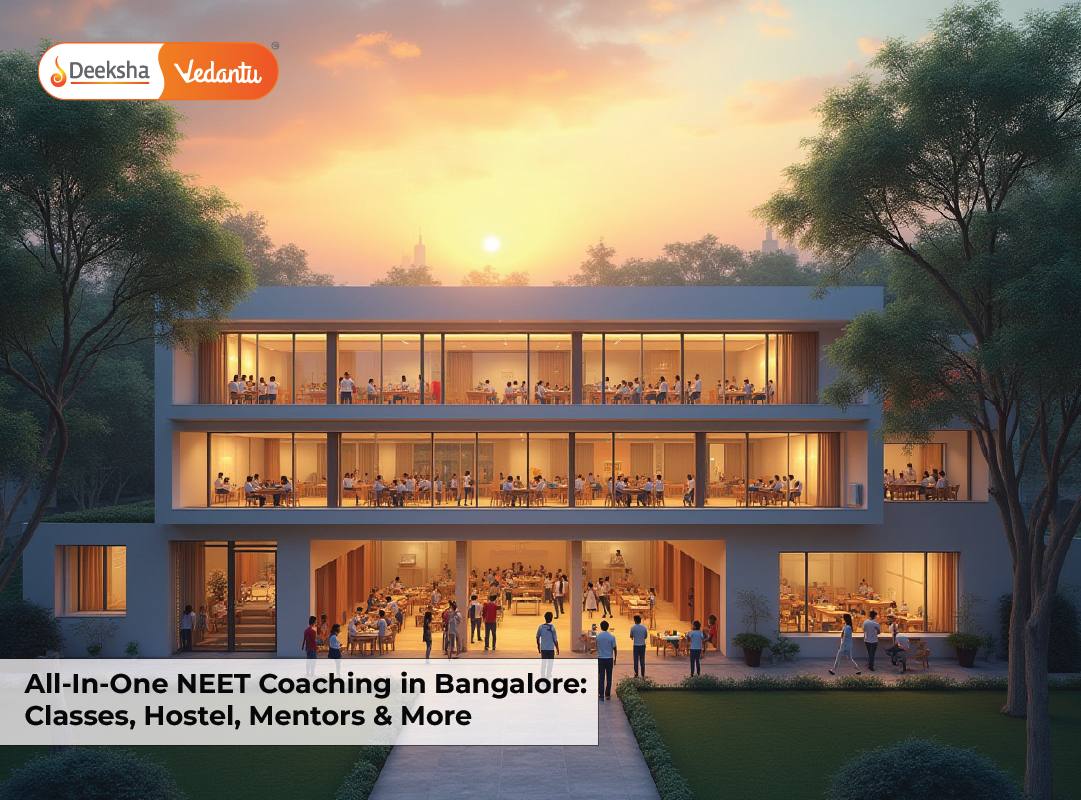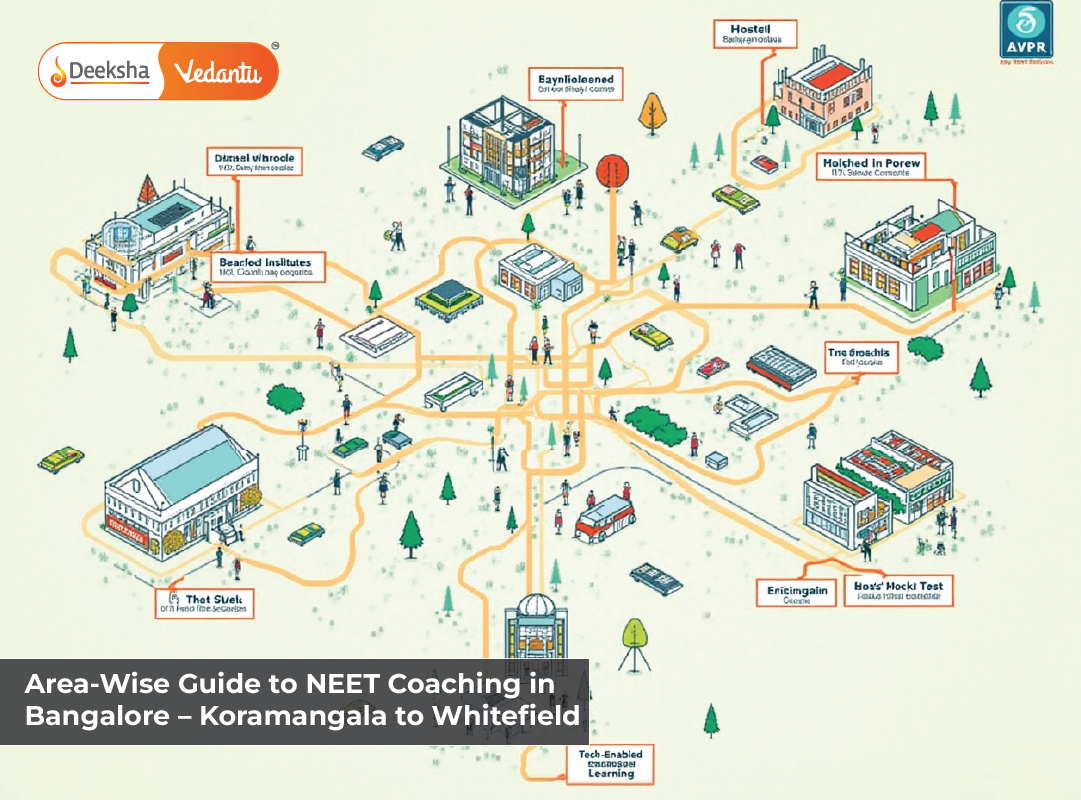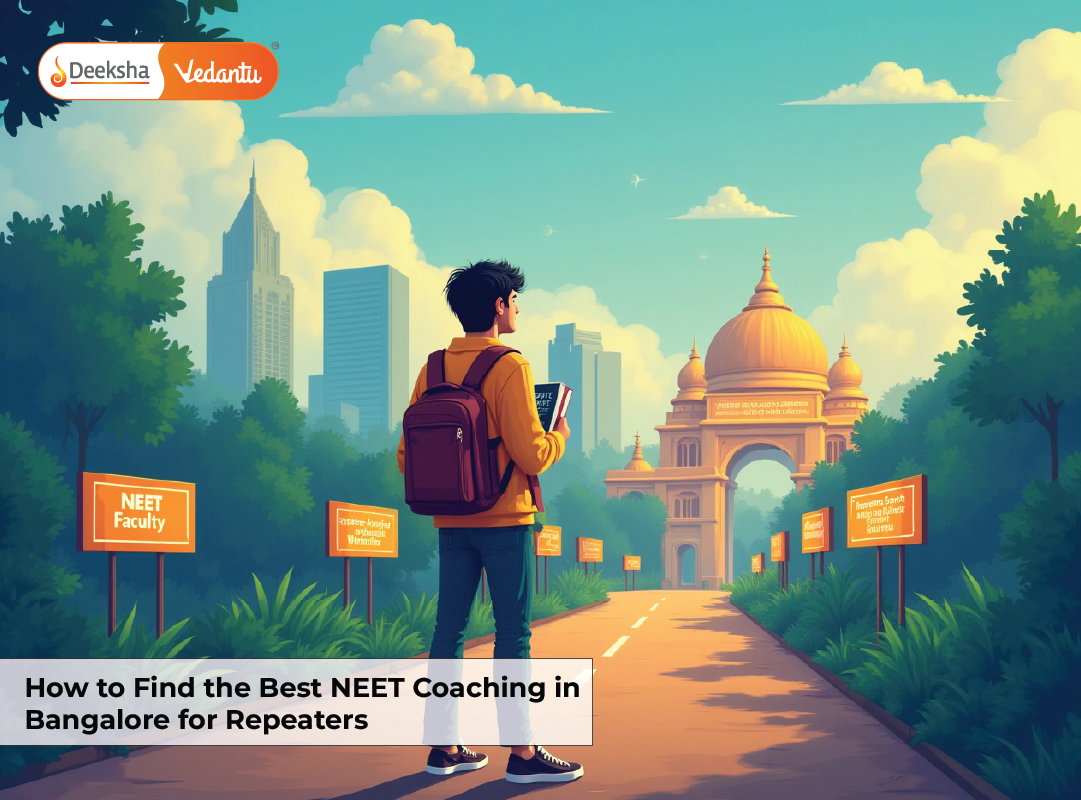The PU Years Set the Tone for Future Success
Welcome to the most defining years of a student’s academic journey! The PU (Pre-University) phase—Classes 11 and 12—isn’t just another step in schooling. It’s the launchpad for future engineers, doctors, researchers, and innovators.
For students choosing the science stream, these two years are where the real game begins. The subjects go deeper, the questions get tougher, and the competition starts heating up. But here’s the secret: success doesn’t come from mugging up textbooks—it comes from building strong conceptual clarity.
Understanding the why behind every formula, reaction, and diagram makes learning not only easier but also more enjoyable. And the better your foundation now, the smoother your path will be when you take on JEE, NEET, CET, or any competitive exam.
For parents, this is your cue to stay actively involved—not by adding pressure, but by creating the right environment, encouraging consistent effort, and trusting the process. Your support now builds confidence that lasts well beyond the board exams.
At Deeksha, we believe that with the right guidance, PU isn’t just about marks—it’s about momentum for life.
PU Physics Concepts: From Frustrating to Fascinating
Physics can feel overwhelming at first. The equations, derivations, and strange new laws often leave students confused. But here’s the truth—PU Physics concepts are not as scary when approached with the right mindset.
Most students struggle with topics like rotational motion, electromagnetism, and optics. These concepts aren’t just theoretical—they’re highly visual. When taught with real-world analogies and diagrams, they suddenly start making sense. Think of rotational motion as a spinning fidget spinner, or lenses as how your spectacles bend light—Physics is everywhere.
The secret? Don’t just read—solve. Physics rewards consistency. Regular problem-solving sharpens logic, helps retain formulas, and improves speed.
For JEE and NEET aspirants, Physics is often the deciding subject. A strong base during PU saves months of relearning later. At Deeksha, we make Physics feel less like a puzzle and more like a path to understanding how the universe works.
Commerce PU courses at Deeksha Vedantu
Strong Chemistry Foundation in PU: The Balancing Act Between Theory and Reaction
Chemistry sits at the crossroads of memory and logic. And to build a strong Chemistry foundation in PU, students need to understand how different branches of chemistry play out in sync.
- Physical Chemistry is all about formulas and numerical application—great for developing calculation speed.
- Organic Chemistry needs understanding of reaction mechanisms and functional groups—like solving a chemical mystery.
- Inorganic Chemistry is fact-heavy—periodic trends, exceptions, and color reactions, all of which are easy to forget without smart tricks.
What works best is balance: visualization + memory hacks + strong basics. Learning the why behind a reaction helps you remember the what. Using mnemonics, flowcharts, and periodic table logic can simplify even the densest concepts.
At Deeksha, we focus on simplifying reactions, encouraging pattern recognition, and building reaction logic—so Chemistry becomes a subject to enjoy, not fear. And when this clarity kicks in, scoring in boards and cracking NEET or JEE becomes that much easier.
PU Biology Learning Approach: Not Just Memorization—But Connection
Biology is often mistaken as a subject that requires pure memorization. But the PU Biology learning approach today demands far more than that—it’s about understanding life processes and connecting the dots.
The syllabus is vast, yes, but much of it is story-driven and diagram-based. Topics like genetics, human physiology, and plant morphology become intuitive when taught with visual aids like flowcharts and labelled diagrams.
And here’s the good news—Biology is one of the most scoring subjects in NEET. But only when studied conceptually, not mechanically. Focus on NCERT line-by-line clarity, understand terminology, and visualize structures rather than mug them up.
Deeksha’s method is rooted in clarity. Our faculty breaks down each topic into smaller chunks, uses illustrations to simplify the complex, and holds concept revision classes that strengthen retention. With the right guidance, Biology becomes less of a memory game—and more of an exciting story of life itself.
Residential PU programs at Deeksha Vedantu
PU Science Test Preparation: The Role of Regular Testing and Feedback
Consistent testing is the backbone of effective PU science test preparation. Weekly and monthly assessments are not just about marks—they reveal how well a student has actually understood a topic.
Regular testing helps:
- Identify learning gaps early
- Reduce last-minute exam panic
- Build exam stamina and time management skills
But testing without feedback is incomplete. What sets successful students apart is their response to feedback. At Deeksha, every test is followed by detailed performance analysis, concept-wise feedback, and one-on-one discussions. This helps students not only fix mistakes but also improve their approach.
Deeksha’s structured testing system includes:
- Topic-wise mini tests
- Full-length mock exams
- Integrated board + competitive prep assessments
The goal is long-term retention and confidence—because learning isn’t about how much you study, but how well you absorb.
Study Techniques That Work: Science-Specific Tips
Studying science isn’t about long hours—it’s about smart methods. Here are proven techniques that help PU students study more effectively:
- Physics Numericals: Break the problem into smaller parts. Practice using formula maps and unit analysis. Solve a mix of standard and tricky questions regularly.
- Organic Chemistry: Use flashcards for reaction mechanisms, naming conventions, and conversions. Repetition builds recall.
- Biology: Try mind-mapping techniques for topics like reproduction, digestion, or genetics. Visual learners retain diagrams and flowcharts better than text-heavy notes.
- The 3-Revision Rule: Study a topic. Revise it within 24 hours. Revise it again within a week. Final revision just before exams. This technique improves retention drastically.
At Deeksha, we help students personalize their study style based on what works best—making learning effective, enjoyable, and less stressful.
Parent Support in PU Science: How You Can Make a Difference
Parental support can truly shape a student’s PU journey. But support doesn’t mean constant supervision—it means creating the right ecosystem for success.
Here’s how you can help:
- Create a focused environment at home with a dedicated study space and minimal distractions.
- Watch for stress signs—changes in sleep, appetite, or mood around test time may indicate overwhelm.
- Encourage regular study habits, not cramming. Set small goals and praise consistent effort rather than just results.
- Stay involved by attending open houses or PTMs. Teachers often share valuable feedback that helps parents guide more effectively at home.
At Deeksha, we see parents as partners in learning. A little encouragement from home goes a long way in building a confident, focused learner.
How Deeksha Helps Students Strengthen Science Foundations
At Deeksha, we don’t just teach science—we build future scientists, engineers, and doctors by focusing on strong subject foundations.
Here’s how:
- Expert Faculty: Each subject is taught by specialists who make even complex concepts simple and relatable.
- Foundation + Competitive Integration: We align PU concepts with NEET/JEE/CET prep, ensuring students don’t need parallel tuitions.
- Concept Revisions & Regular Labs: Weekly recap sessions, doubt-clearing classes, and structured lab practice reinforce learning through multiple touchpoints.
- Personal Mentorship & Academic Tracking: Every student is assigned a mentor who guides, motivates, and keeps progress on track.
The result? Students who don’t just aim to pass—they aim to excel.
FAQs on Building Science Foundations During PU
Q: How many hours should I study science daily in PU?
A: Around 3–4 hours of focused, distraction-free study works well—split between theory, problem-solving, and revision.
Q: What is the best way to build a strong base for NEET/JEE?
A: Start with NCERT books, understand core concepts deeply, and practice application-based questions regularly.
Q: Should I join extra coaching in PU?
A: Not necessary if your PU program integrates board and competitive prep well—like Deeksha does.
Q: How do I balance theory and problem-solving?
A: Learn the concept first, apply it through questions, then revise. Keep a 60:40 split between theory and practice.
Q: How can parents help without being over-involved?
A: Encourage daily discipline, provide a calm study space, and attend school reviews—without adding pressure.
Conclusion: Build Now, So You Don’t Struggle Later
The PU years are your runway—what you build now will carry you through board exams and competitive tests with confidence.
For students: Start early, stay curious, and stay consistent. A strong foundation today saves months of relearning later.
For parents: Your involvement can shape how your child feels about learning. Be supportive, not stressful. Be present, not overbearing.
Let’s make these two years count.
Table of Contents















Get Social